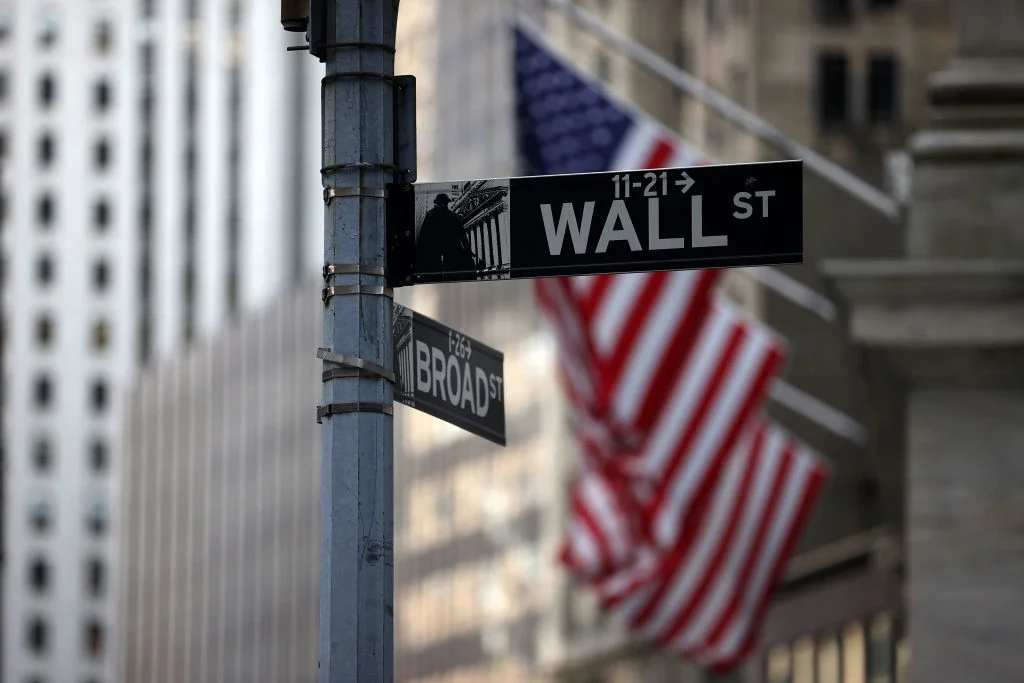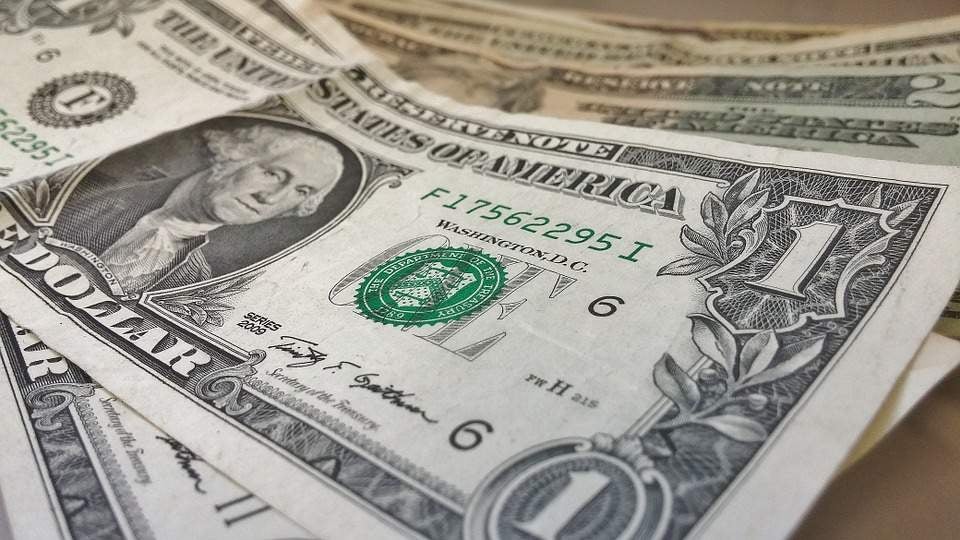
In the world of wealth, the past 18 months have been a rocky ride. Now a new Citibank report is addressing investment strategy for the remainder of the year ahead.
After 10 years of rising equities, last year saw markets suffer a brutal correction. In the US, all three major averages recorded their worst year since the depths of the financial crash.
The MSCI World Index lost one fifth of its value, denting all but the most defensive portfolios. Across the world, more than $30 trillion was wiped from the value of stocks and bonds.
While markets have rebounded somewhat in 2023, there is no doubt that major uncertainty remains.
How are HNW money managers navigating this rather cloudy horizon?
A report from the Global Wealth Division of CitiGroup is shining light on that very question.
In the foreword, chief executive Jim O’Donnell sets out the challenge ahead.
‘While 2023 has brought its share of challenges, we also see it as a year of change and opportunity,’ he writes.
For all the professed opportunities, though, the report is clear about one thing: the macro climate will be a difficult one.
For a start, Citi analysts predict that the US, the world’s largest economy, will enter a ‘rolling recession’. Unlike a traditional recession, this means sectors will feel the slump much harder than others, and at different times.
As a result, the overall growth rate for the US for this year will be a mere 1 per cent: a sobering thought for investors.
So against such a tricky backdrop, where are the bright-spots for wealth managers?
[See also: Stonehage Fleming on 150 years of managing wealth]
US equities – are we over the worst?
Whatever the size of their portfolio, few investors can afford to ignore the US, according to the Citibank report.
American equities now comprise 60 per cent of the world’s equity market capitalisation.
After a sharp correction in 2022, US stocks have been rallying again this year – although some more than others. Large US tech stocks have gained around 37 per cent this year, confounding some expectations.
One of the big factors has been an excitement about ‘generative’ artificial intelligence, triggered by the unveiling of ChatGPT.
But for all the excitement, Citi’s report paints a more nuanced picture. For a start, it notes that ‘pure play’ equity investments in artificial intelligence are still thin on the ground.
Instead its analysts expect that the more immediate opportunities will be in those companies that provide the infrastructure for artificial intelligence.
They highlight semiconductor producers, cloud computing providers and cybersecurity companies as strong stocks to hold.
But the report sounds a cautionary note for those hoping that the artificial intelligence buzz will lift the entire tech sector.
It highlights a wider decoupling within tech stocks, with reliable blue-chips like Microsoft far outperforming their speculative counterparts.
Citibank report: has the dollar peaked?

[See also: Family offices to overhaul investments after ‘challenging year’, says BlackRock]
As often happens in times of panic, the past 18 months have seen a surging dollar, as capital flows head for safety.
The trend has been exacerbated by the aggressive monetary tightening pursued by the Fed. Since last autumn, though, the dollar has begun to lose strength against a basket of peer currencies.
The analysts within Citi’s Global Wealth Division expect this trend to continue in 2023 – and then some.
With central banks now largely in lockstep, they predict the dollar will continue to lose its shine for flighty investors.
On top of that, US-specific factors will also hit the greenback.
‘Ultimately, the highly-cyclical US labour markets and the Fed’s mandate to support maximum employment will likely undermine the dollar in the coming years,’ they write.
As a result, they are forecasting the dollar to enter a ‘structural bear market’ – for only the third time in the past 50 years.
This will have clear consequences for the valuations of non-US assets – both within equity and bond markets.
‘Returns from non-US equities may increase if foreign currencies appreciate against the dollar,’ predicts the report.
Will non-US equities regain ground?

[See also: Inside Bacchanalia Mayfair – Richard Caring’s new restaurant]
In many cases, the outlook for non-US equities have other factors in their favour.
Citi’s latest GDP forecasts – as of May 2023 – see China’s economy growing at an impressive 5.8 per cent this year.
The wider Asia-Pacific region (excluding China and Japan) is pegged to grow at 4 per cent.
Meanwhile, Latin America is forecast to see growth of 1 per cent, as inflation falls.
‘We have already increased our weighting to Asian, European and Latin American equity markets,’ writes David Bailin, chief investment officer for Citi Global Wealth.
The Indian market – which grew nearly 3 per cent last year – is flagged as a particular bright-spot. With US and China tensions running high, India is expected to pick up more foreign direct investment.
Further east, long-awaited corporate governance reforms and an ascendant Yen are tipped to boost Japanese equities.
Closer to home, the EU is expected to grow at 0.8 per cent, with the UK trailing at 0.3 per cent. While the continent may have recovered from the worst of last year’s energy shock, big stumbling blocks remain.
In particular, the continent is set to struggle with the weight of higher interest rates – a bitter medicine against rampant inflation
Fixed income – longer-term bonds set to surge
Another consequence of the tightening monetary climate has been the revival of bonds.
Like equities, bonds suffered a torrid 2022 – dealing a blow to the traditional 60-40 portfolio.
But while money has been surging into near-term US treasuries of late, Citi analysts urge more caution.
Predicting that the Fed will cut rates by the end of 2024, they say that longer-term bonds could prove the better bet.
On that basis, Citi’s analysts recommend that fixed-income investors move their money into longer-duration instruments ‘sooner rather than later’.
Intriguingly, the report also reveals that Citi’s fixed-income strategies are increasingly pursuing opportunities within the private credit sphere.
A more risk averse climate amongst lenders – not least with the failure of a handful of US regional banks – has taken its toll on credit availability.
This ‘flight to safety’ has left ‘high-yielding credits’ in search of buyers, according to Bruce Harris – group head of fixed income strategy.
Citybank report: Cash could present the greatest risk
For all the turmoil, though, Citi’s analysts are clear on one thing: HNW investors should be wary of staying on the sidelines.
‘When T-bill rates and cash balances are high, it is tempting to do nothing. In the near-term.’
‘That may seem safe, but looking out one year, we believe that those who do not own core portfolios may be less well off,’ they advise.
The double shocks of the pandemic and an overly-reactive Fed may have rattled investors – but such a state isn’t permanent.
‘The next decade looks like one where returns may be above average,’ summarises David Bailin. ‘Those who stay in cash will not see returns when markets are recovering.’






